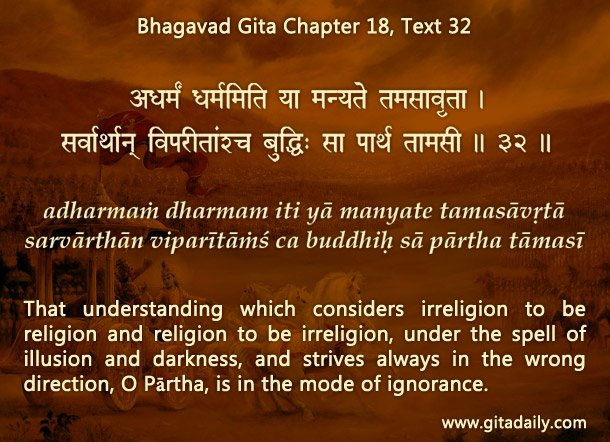Most virtues, when taken to an excess, end up becoming vices. Such is the case with the virtue of being nonjudgmental which protects us from succumbing to biases and prejudices.
Unfortunately, the non-judgemental sometimes become proud of how unbiased and understanding they are. Even if they don’t overtly express this pride, it comes out in the form of condescension or contempt toward those who are judgmental, which they deem the worst of sins.
Ironically, they rarely realize the mismatch between their standards and their actions: while being proud that they are nonjudgmental, they are simultaneously being judgmental toward those who are not nonjudgmental. And if this mismatch is pointed out to them, they frequently spin it as a positive trait, not a negative trait, “I am so deeply nonjudgmental that I just can’t tolerate anyone who is judgmental.”
But does such intolerance characterize the nonjudgmental or the judgmental? Those who are truly nonjudgmental implicitly accept that everyone deserves to be understood before they are judged. Does everyone not include the judgmental too? Are we right in presuming that judgmental people are the way they are because they are uncultured or prejudiced or, worse still, evil? Maybe we need to pause our rush to judge such people and strive to understand why they are the way they are? By seeking such understanding, we will at the very least open channels of communication with them, not close them down with a self-righteous fervor.
Otherwise, though we may call ourselves deeply nonjudgmental, we can end up becoming ultra-judgmental with a mere veneer of virtue-signaling about being nonjudgmental. Pertinently, the Bhagavad-gita (18.32) warns that such subversion of our values typifies intelligence in the mode of ignorance, which perceives things opposite of the way they actually are.
One-sentence summary:
To be truly nonjudgmental, stop being judgmental toward those who are judgmental — don’t condemn them for being judgemental; seek to understand why they are judgmental.
Think it over:
- How does the virtue of being nonjudgmental when taken to an excess, become the vice of being judgmental?
- How do those proud of being nonjudgmental justify being judgmental toward the judgmental?
- How can we avoid being judgmental toward the judgmental?
***
18.32: That understanding which considers irreligion to be religion and religion to be irreligion, under the spell of illusion and darkness, and strives always in the wrong direction, O Partha, is in the mode of ignorance.
To know more about this verse, please click on the image


wisdom guides intelligence